The Windrush generation's influence on football
On the 75th anniversary of the Windrush generation arriving in the UK, the Caribbean impact on football is still on the rise
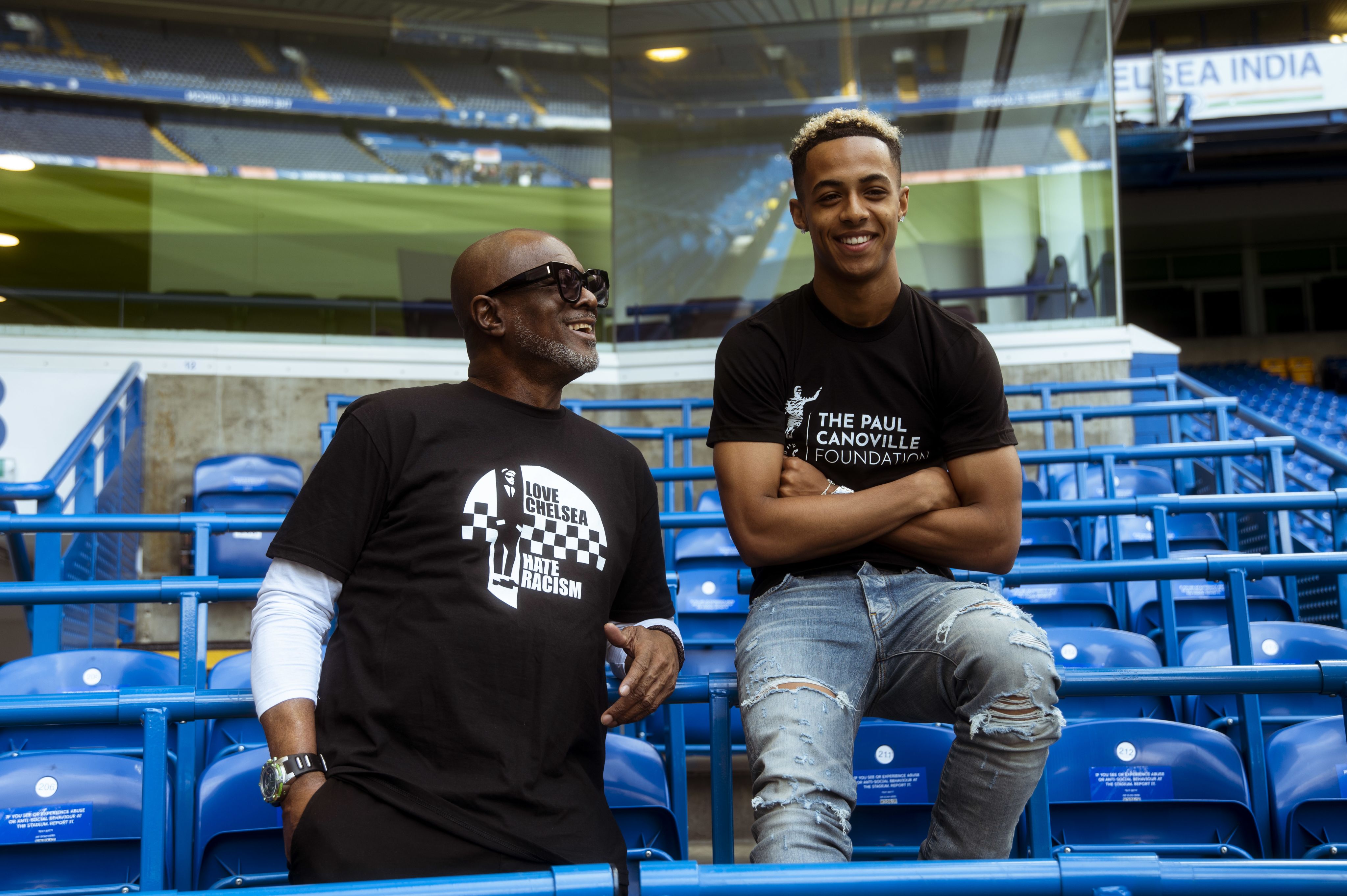
The Windrush generation who came to the UK between 1948 and 1971 brought with them a wealth of talent and skills, including a passion for football.
Whether it be Viv Anderson becoming England's first black footballer, or Clyde Best's goalscoring heroics for West Ham, they've left a legacy inspiring many of today's best players.
It's not only players they have inspired, but the authorities too with many diversity initiatives launched on the back of their experiences.
Windrush footballers have made a significant contribution to the sport in the UK, breaking down barriers and challenging racial discrimination in the process.
This article explores the impact of Windrush on UK football, highlighting the contributions of Windrush footballers and examining the legacy of their experiences.
More than 500,000 people came from the Caribbean to the UK during this period, with the majority settling in London and the Midlands and now making up 1.1% of the overall UK population according to the last census.
The UK government encouraged the migration, as they saw the Windrush generation as British citizens, with full rights to settle in the UK.
Many Windrush immigrants were welcomed by the UK population, who appreciated their hard work and contribution to the country.
Despite the initial warm welcome, Windrush immigrants faced racism and discrimination in the UK. Many were denied access to housing, employment, and social services.
The British Nationality Act of 1948, which was designed to give British citizenship to anyone born in a British colony, also had several limitations, which made it difficult for Windrush immigrants to gain citizenship.
This resulted in many Windrush citizens being treated as immigrants, and some were even deported. This may seem like a long time ago, however, in 2023 Caribbeans are still fighting for their rights to remain in England, with the recent deporting plane incidents taking over UK news headlines.



Windrush immigrants made significant contributions to football in the UK, playing an important role in shaping the game. Many excelled in football and went on to become successful players, coaches, and managers.
Some of the notable Windrush footballers include Clyde Best, Paul Canoville, Cyrille Regis, and Viv Anderson. Clyde Best was the first black footballer to play for West Ham United and became a prolific goal scorer.
Regis was a star striker for West Bromwich Albion, Coventry City, and Aston Villa, and was one of the pioneers of black footballers in the UK.
Anderson was the first black footballer to play for the England national team and had a successful career with Nottingham Forest and Manchester United.
Canoville, Chelsea’s first black player, was a winger who was verbally abused consistently in the blue shirt. Almost 41 years later, Chelsea, in honour of Canoville, launched the Canoville Suite, which spans the side of the stadium where Canoville used to get the most racial abuse.
I asked Canoville what does this generation mean to black brits in this country?
He said: "For me it was family tradition, understanding where our parents came from. How difficult it was and how they came here from the Caribbean for a better life, but it was a difficult life, don't get me wrong"
"For them to find work, for them to find a roof over their head for the likes of my sister and I, it was definitely something that you'll never forget."
Recognising their contributions is an important way to acknowledge the important role they played in football history.
Canoville said:"We spoke about Clyde Best and we mentioned what he went through, and for me watching him, I was getting stick just by watching him."
"Clyde for me was a confidence booster but for my parents it was difficult because they wanted us as kids to get an education, they didn't understand the signs of sport for us as individual people, black kids."
"When I first saw Clyde Best playing football that was it for me, I knew from there I wanted to be a professional footballer."
The Windrush generation brought with them a passion for football, and this had a significant impact on the game in the UK. Their skills and techniques enhanced the footballing culture and clubs began to appreciate the value of black players in their teams.
This led to more diverse football teams, and improved the quality of the game. They also introduced a unique footballing culture, which was different from the traditional British style of play. They introduced the 'reggae' style, which was characterised by fast-paced, attacking football.
Windrush immigrants faced significant barriers to integration in the UK, but football helped to break down these barriers.
Football united people of different cultural backgrounds, and allowed them to come together and celebrate their love for the game. This led to greater social cohesion and helped to promote a more inclusive society.
Despite the significant contributions of Windrush players to football in the UK, racism and discrimination persisted in the game.
Windrush footballers faced significant racism and discrimination in the UK. They were subject to racial abuse from fans, and sometimes even from their own teammates. They also faced discrimination from football clubs and national football authorities.
The Windrush immigrants paved the way for black footballers in the UK, and their contributions to the game have helped to break down barriers.
Today, there are several initiatives that promote diversity and inclusivity in football, and this legacy continues to inspire a new generation of players, coaches, and fans.
In the 2020 Euros England squad, there was six players of Caribbean descent in a 26-man squad.
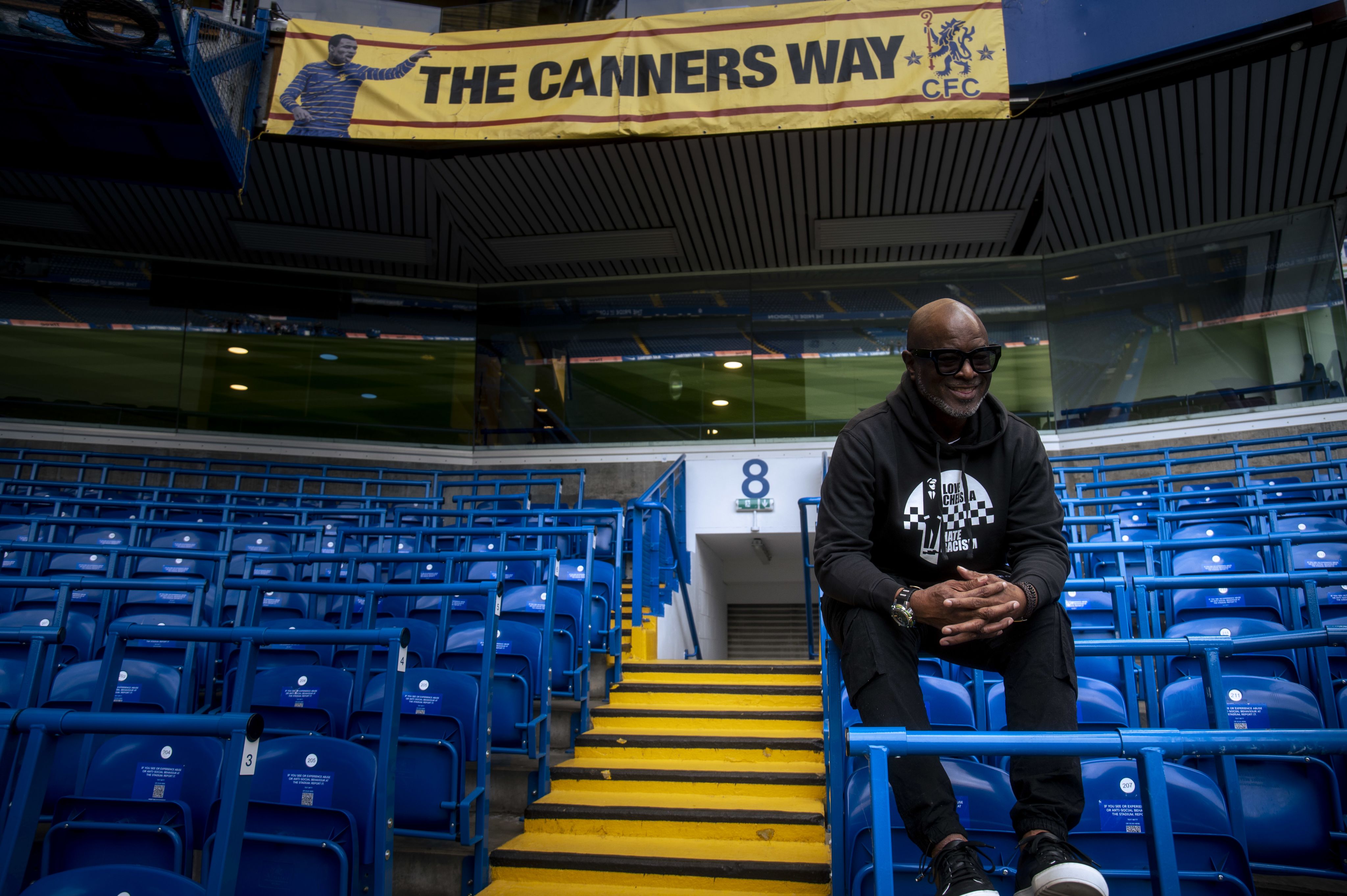
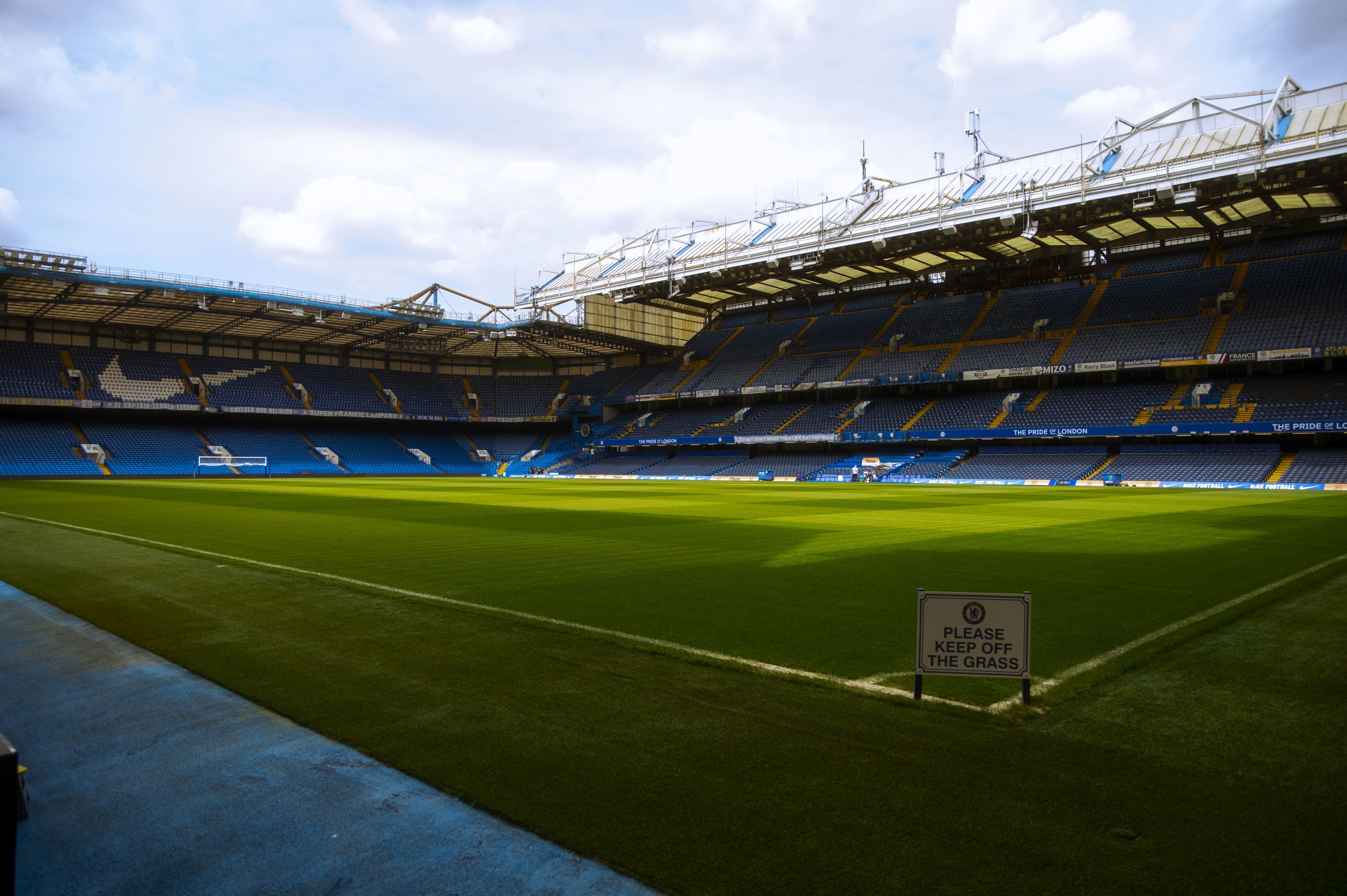
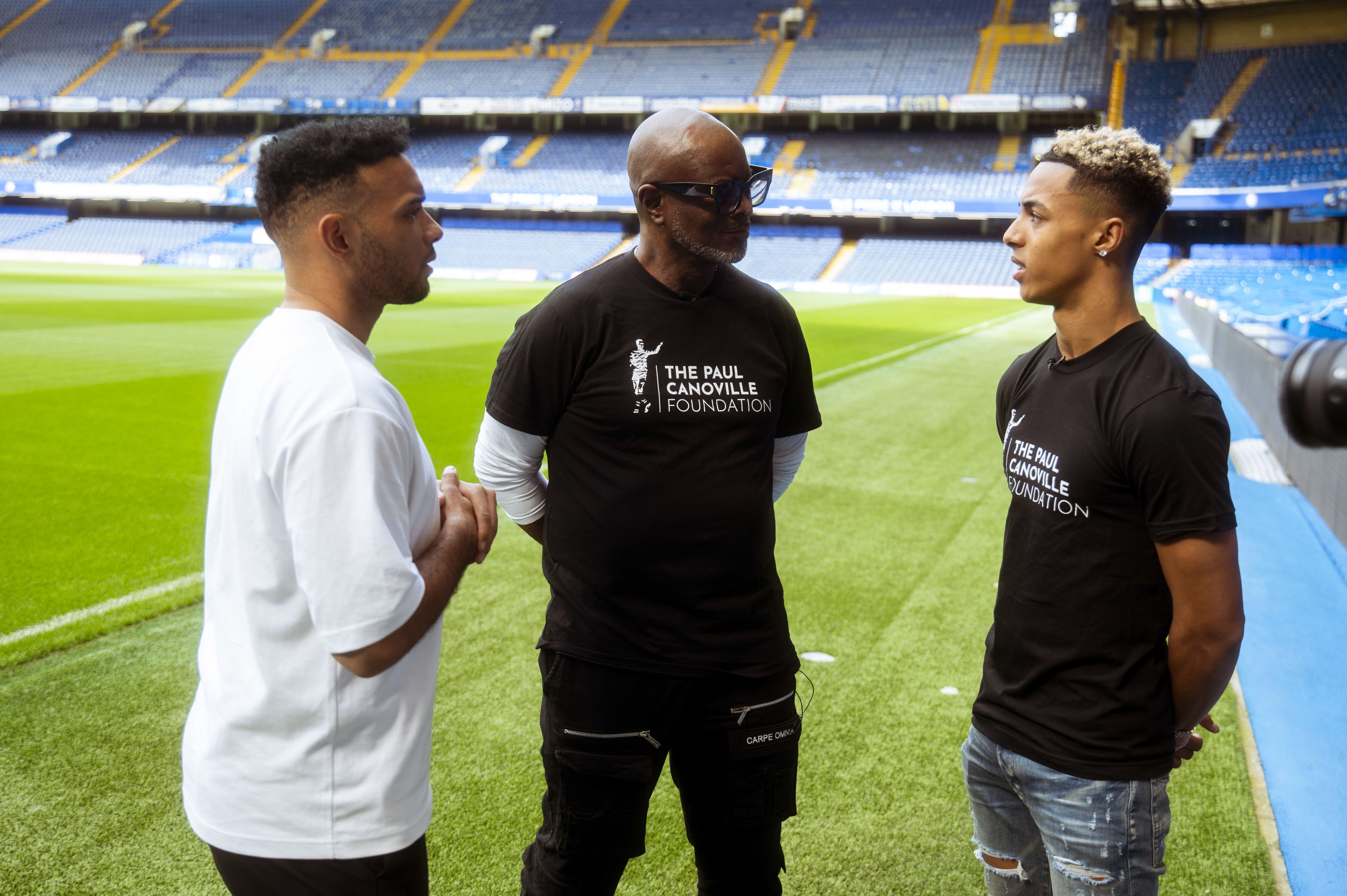
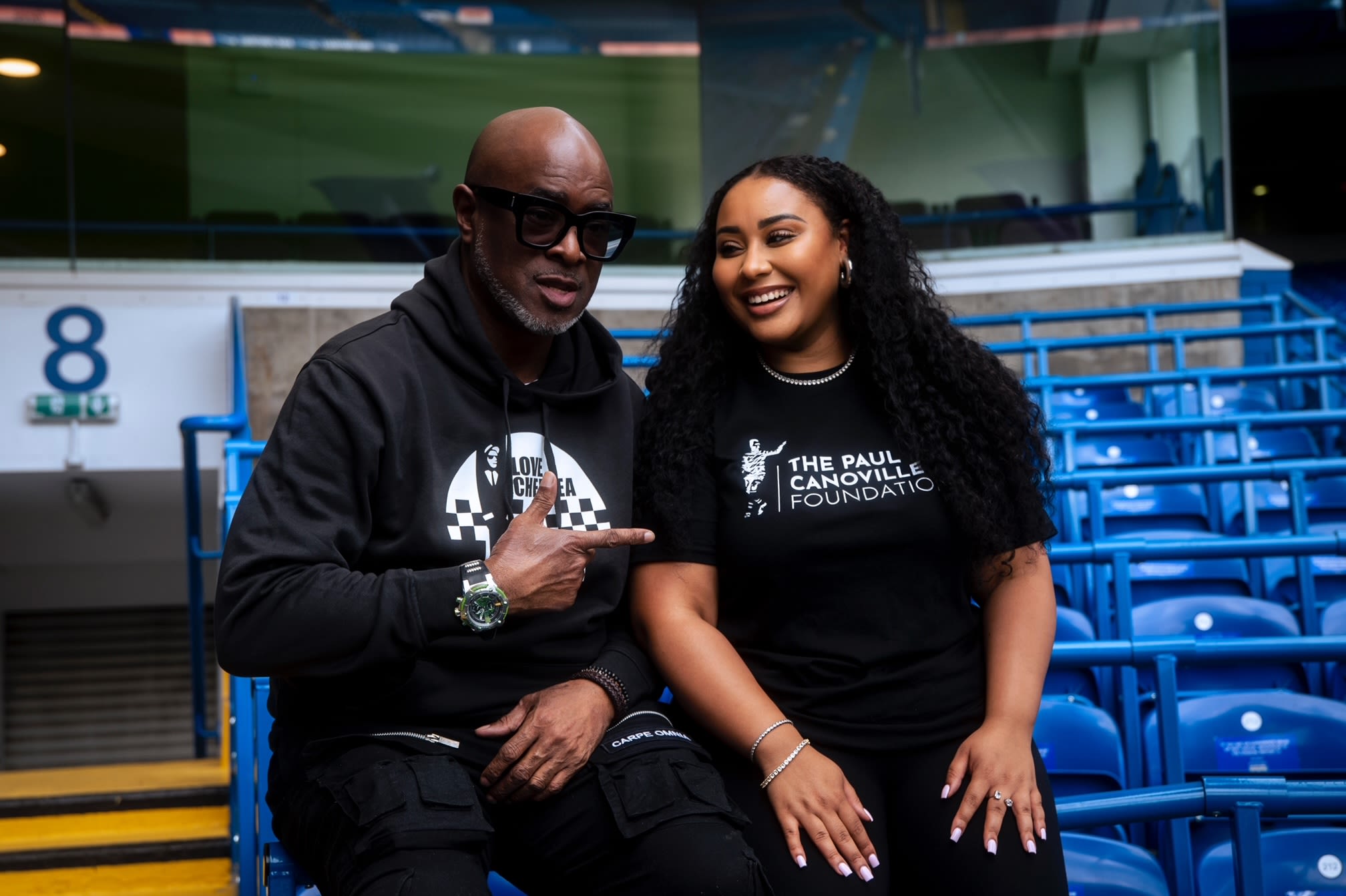
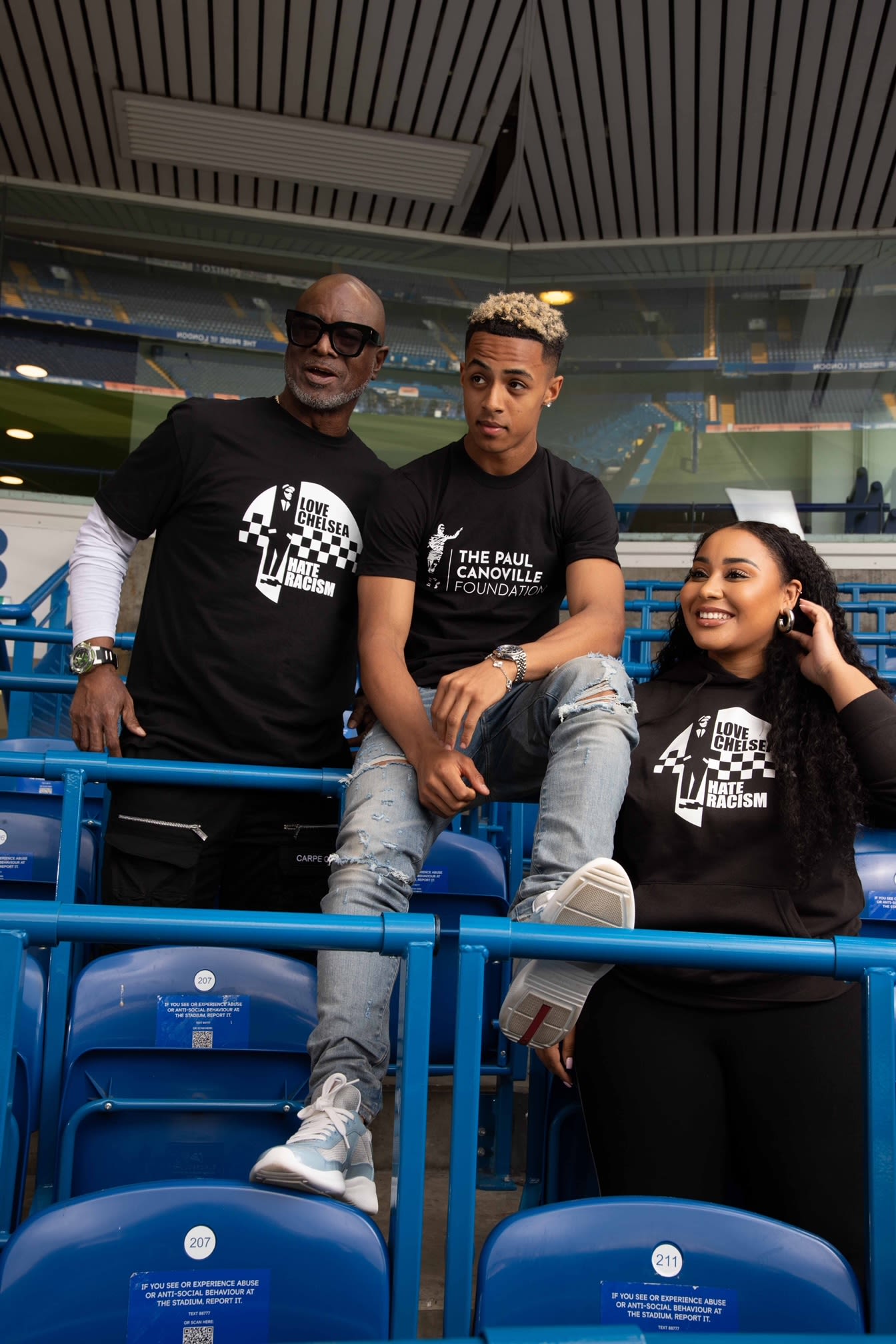
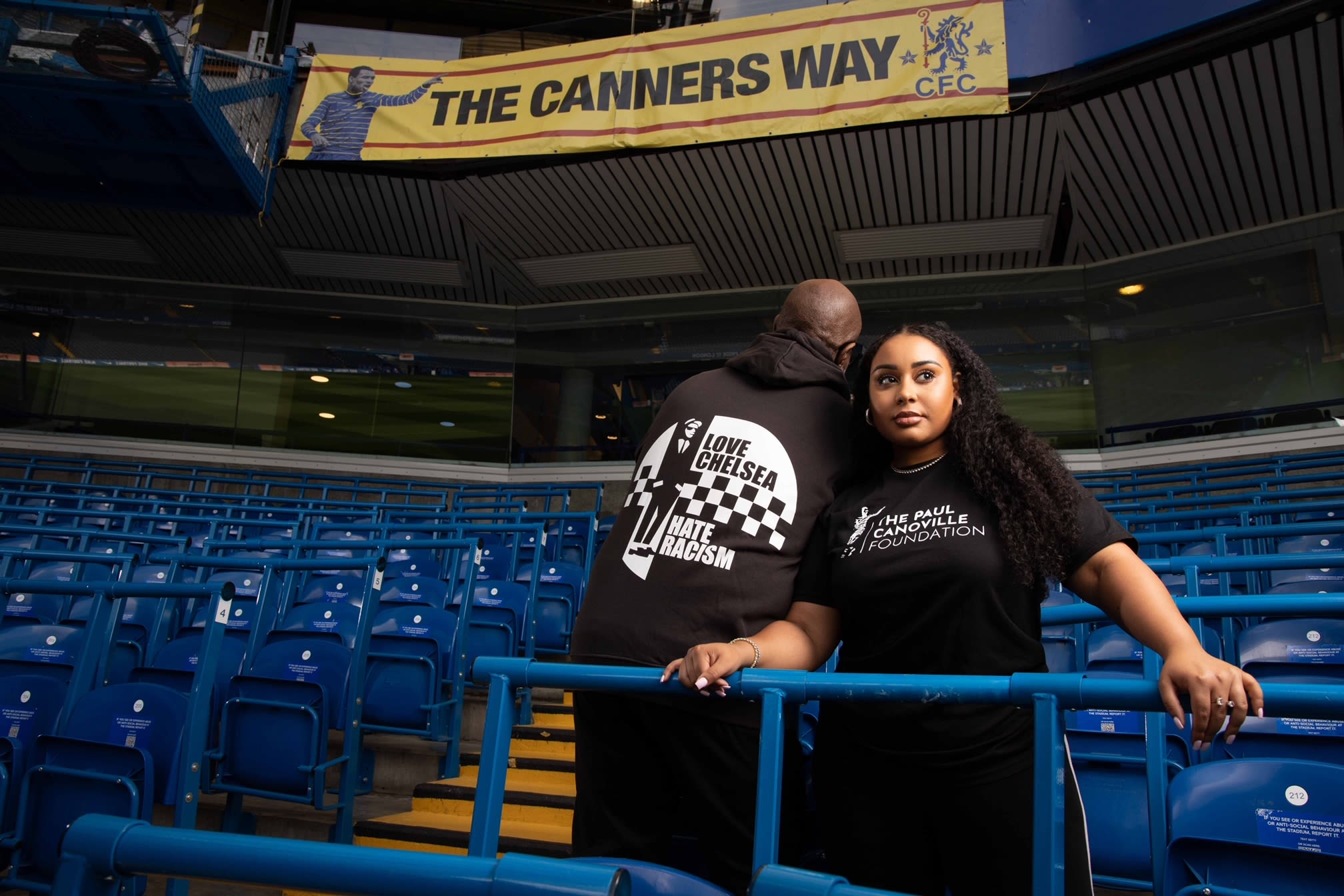
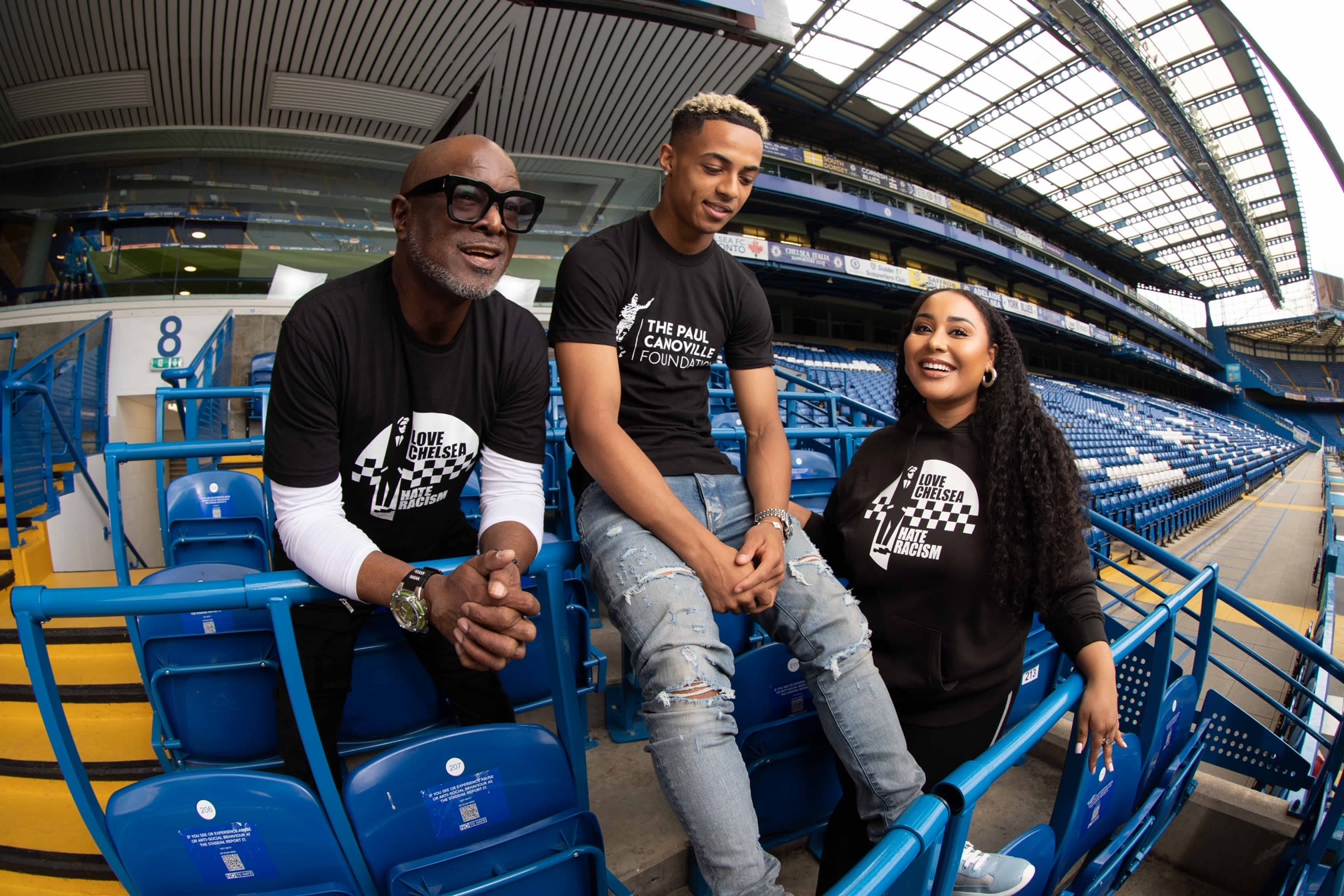

Photo taken and edited by Zek Snaps
Photo taken and edited by Zek Snaps

Photo taken and edited by Zek Snaps
Photo taken and edited by Zek Snaps

Photo taken and edited by Zek Snaps
Photo taken and edited by Zek Snaps

Photo taken and edited by Zek Snaps
Photo taken and edited by Zek Snaps
Efforts to recognise Windrush footballers are ongoing.
Several memorials and tributes have been established to honour them. The Royal Borough of Kensington and Chelsea unveiled a plaque in honour of Cyrille Regis, and a statue of him is set to be erected in West Bromwich. Lloyd Griffiths' legacy is also being celebrated through a memorial bench in Llanelli, Wales.
Organisations such as the Football Association (FA) have been working to recognise the Windrush legacy in football. The FA launched its Football Leadership Diversity Code in 2020, which aims to increase diversity and inclusion in leadership positions across football.
The PFA (Professional Footballers' Association) also established a Windrush Advisory Group to provide support and guidance for Windrush footballers.
Furthermore, to celebrate the coveted 75th anniversary, the FA organised a celebratory event at Wembley for those of Caribbean heritage on and off the pitch to join.
Football has the power to bring people together from all walks of life and celebrate diversity. Celebrating Windrush overall and this key 75th anniversary including football is an important way to highlight the need for inclusion and diversity in the sport.
It's crucial that football continues to be a place where everyone feels welcome and represented.
